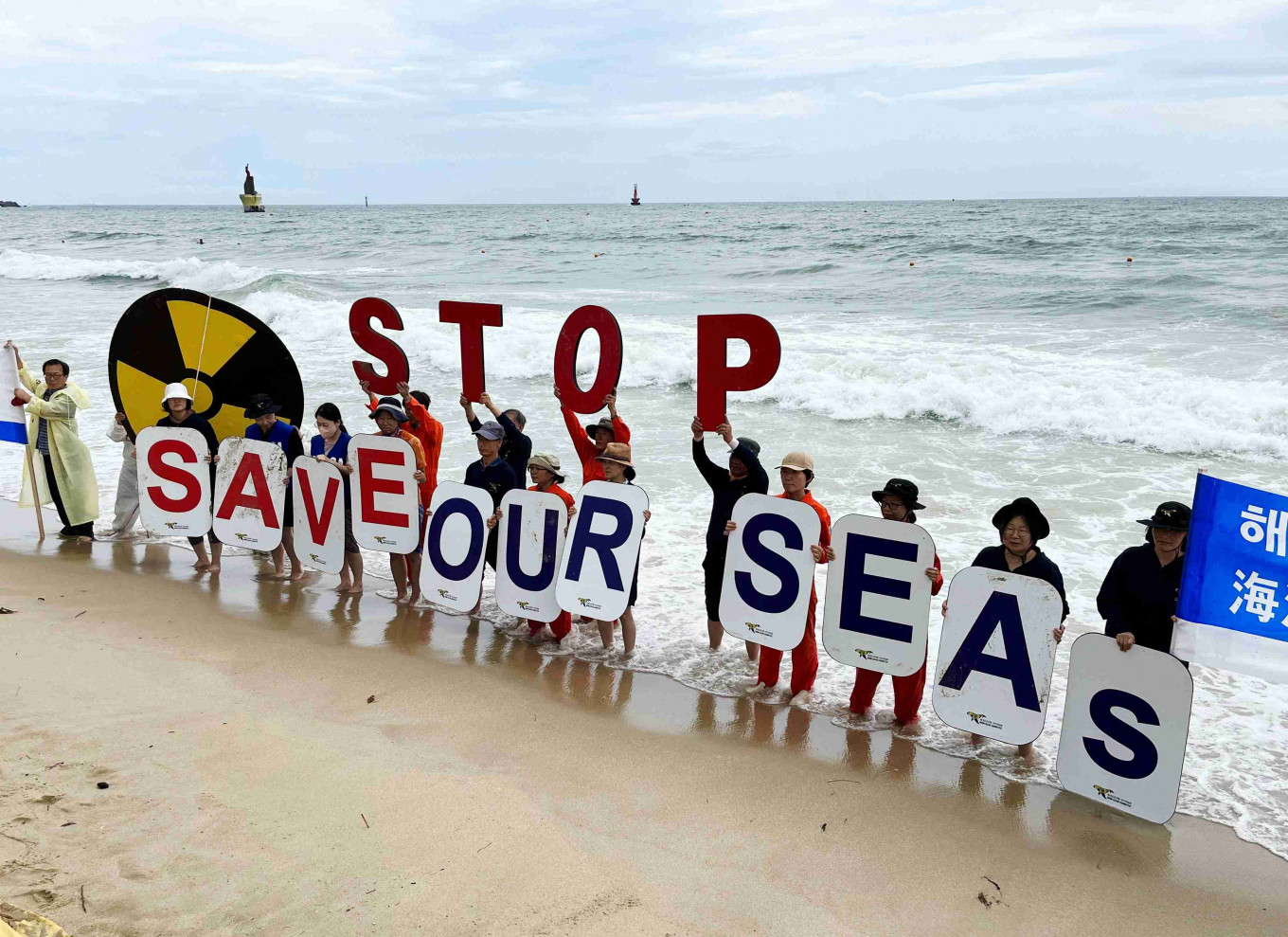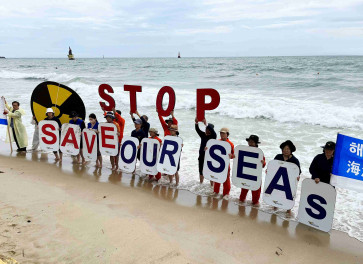Popular Reads
Top Results
Can't find what you're looking for?
View all search resultsPopular Reads
Top Results
Can't find what you're looking for?
View all search resultsNuclear power in Indonesia: The IAEA perspective
Addressing concerns and dispelling misconceptions related to the safety and security of nuclear power is crucial to fostering public support and understanding of this policy.
Change text size
Gift Premium Articles
to Anyone
I
n mid-January, the Indonesian government unveiled its plans to establish a Nuclear Energy Program Implementing Organization (NEPIO) with the aim of accelerating the development of nuclear power plants (NPP). This strategic move is part of the government's commitment to address the 19 nuclear infrastructure issues outlined by the International Atomic Energy Agency (IAEA), the international nuclear watchdog, covering a spectrum of international standards related to NPP development.
The 19 nuclear infrastructure issues encompass a wide range of topics from policy-related matters such as the national position, legal and regulatory frameworks and stakeholder involvement, to technical aspects like nuclear security and safety, safeguards, environmental protection, emergency planning and radiation protection. Currently, out of the 19 issues, three still need to be addressed.
The establishment of NEPIO in Indonesia signifies several positive developments.
First, it reflects the government's seriousness in considering the potential of nuclear energy as a significant alternative in the national future energy landscape. The integration of NPP development into the draft General Plan for Electricity Business (RUPTL) 2024-2033 demonstrates a collective effort by the government and the House of Representatives to explore new and sustainable energy resources, thereby reducing reliance on fossil fuels.
The envisioned synergy between nuclear energy and other renewable resources like solar, wind and hydro is expected to meet the national energy demand projected to exceed 1,900 Terawatt hours (TWh) by 2060. If all goes as planned, the construction of Indonesia's first NPP is set to commence in the 2030s, contributing to the national road map to achieve net-zero emissions by 2060.
As of 2023, Indonesia was among the 27 countries pursuing the introduction of nuclear power for the first time, categorized as embarking countries. Of these, 17 countries, including Indonesia, were in the decision-making phase, actively considering nuclear power.
Climate and energy crises have led many countries to consider nuclear power as an integral part of the solution.



















